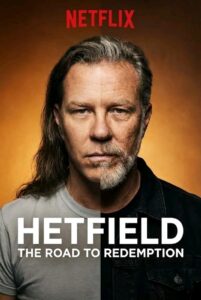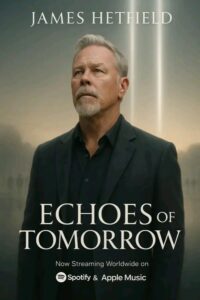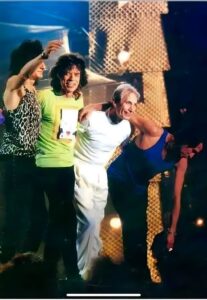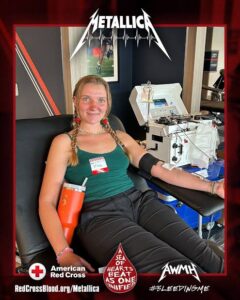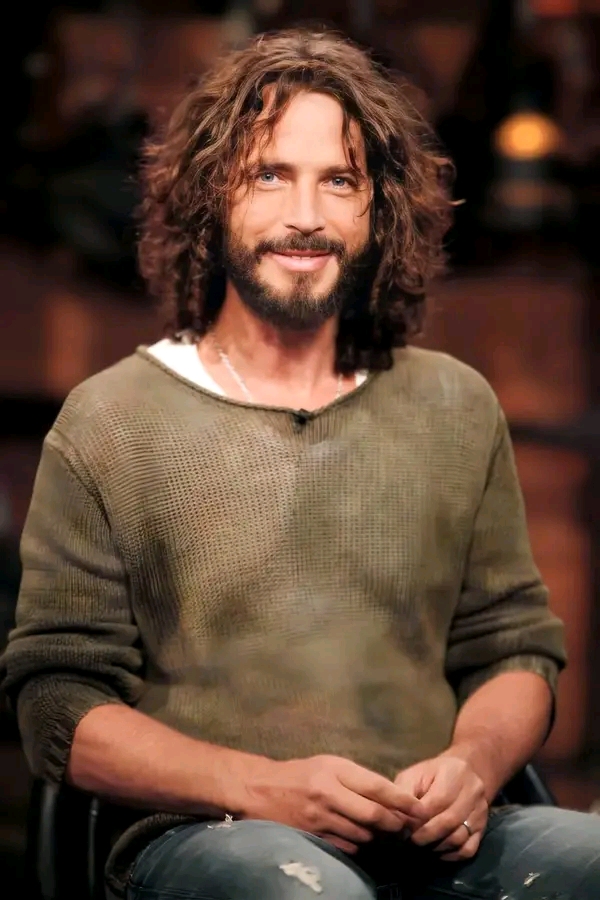
THE UNTAMED GENIUS OF CHRIS CORNELL: THE SELF-TAUGHT LEGEND WHO CHANGED ROCK FOREVER.
In the pantheon of rock legends, few voices have ever cut through the noise quite like Chris Cornell’s. Deep, raw, and soul-shattering, his voice could rise from a whisper to a wail that shook the heavens. But behind that unmatched power was something even more remarkable — a self-taught musician who mastered his craft through passion, pain, and an unyielding hunger to create.
Today, years after his passing, Cornell’s name continues to echo through the corridors of music history. From Soundgarden’s thunderous riffs to Audioslave’s electrifying anthems, his artistry continues to define an era of rock music that was both fearless and deeply human. What many fans don’t realize, however, is that Cornell’s journey to greatness was one forged entirely on his own terms — no lessons, no formal training, just pure intuition and heart.
🎶 A Musical Prodigy Born in Chaos
Born Christopher John Boyle on July 20, 1964, in Seattle, Washington, Cornell’s childhood was steeped in both music and turbulence. His mother, Karen Cornell, was an accountant with an artistic side, while his father, Edward Boyle, worked as a pharmacist. The household pulsed with creativity, filled with Beatles records, 70s rock, and classical influences.
But beneath the surface, young Chris battled isolation and anxiety. He often spoke about struggling with depression from an early age — a shadow that would later weave its way through his lyrics. “Music,” he once said, “was the only thing that made sense to me.”
Cornell’s fascination with sound began with the Beatles’ “White Album.” At just nine years old, he was already dissecting songs, learning every nuance by ear. But unlike most aspiring musicians who took lessons or followed structured paths, Cornell rejected convention. He didn’t read sheet music. He didn’t care about theory. Instead, he listened — deeply — to every sound, every tone, every breath between the notes.
🎸 Teaching Himself the Language of Sound
In his teenage years, Cornell picked up the guitar — and, true to his style, taught himself everything. He wasn’t interested in reproducing other people’s music exactly as written; he wanted to make it his own.
He began experimenting with alternative tunings, bending strings into unfamiliar harmonies, pushing his guitar to speak in ways few had before. Drop tunings, open strings, dissonant chords — these became his playground. What might have sounded “wrong” to a classically trained ear, Cornell transformed into something hauntingly beautiful.
His self-taught approach led to the creation of Soundgarden’s unmistakable sound — a blend of heavy metal grit, psychedelic depth, and raw emotion. Cornell’s refusal to be bound by musical rules gave him the freedom to innovate, and it’s this very rebellion that helped define the Seattle grunge movement of the late 1980s and early 1990s.
While Nirvana, Pearl Jam, and Alice in Chains all contributed to the era, Soundgarden’s sonic architecture stood apart. Their music was darker, heavier, and more complex, built upon Cornell’s instinctual understanding of sound rather than traditional structure. Songs like “Black Hole Sun,” “Fell on Black Days,” and “Rusty Cage” remain testaments to his inventive spirit.
🎤 The Voice That Could Shatter Heaven
If Cornell’s guitar work was his weapon, then his voice was his divine instrument. Possessing a four-octave range, Cornell could transition from a deep, velvety baritone to a piercing scream that felt almost otherworldly.
He didn’t just sing — he inhabited every note. His voice could convey anguish, defiance, tenderness, and rage all within a single breath. Critics and fellow musicians alike often called him one of the greatest vocalists in rock history, and rightly so.
In a world where most singers either leaned toward technical perfection or emotional delivery, Cornell was both — a rare duality that set him apart. His live performances were electric, not because they were flawless, but because they were alive. Every show felt like he was tearing open his soul and offering it to the audience.
Even across different bands and genres, his voice remained unmistakable. Whether it was the raw, grunge-driven Soundgarden; the politically charged Audioslave; or his stripped-down solo acoustic performances — Chris Cornell’s voice was the golden thread tying them all together.
🌌 Reinvention Through Audioslave
When Soundgarden disbanded in 1997, many wondered what would come next for Cornell. The answer came in 2001, when he joined forces with former Rage Against the Machine members Tom Morello, Tim Commerford, and Brad Wilk to form Audioslave.
This new band wasn’t just a collaboration — it was a rebirth. Cornell’s poetic lyricism met Morello’s revolutionary guitar work, producing hits like “Like a Stone,” “Show Me How to Live,” and “Be Yourself.”
Here, Cornell once again proved his creative range. His self-taught skills allowed him to adapt to a completely new musical environment, one that fused hard rock with political edge and emotional gravity.
“Chris didn’t just fit into Audioslave,” Tom Morello once said. “He transformed it. His voice carried a depth and a sorrow that could make a stadium go silent.”
💔 The Beauty and Burden of Genius
But behind the brilliance was a man still wrestling with his inner darkness. Cornell’s lyrics often touched on themes of isolation, addiction, mortality, and existential struggle. His battles with depression were no secret, and he spoke candidly about how music became his therapy — his way of staying alive.
In interviews, Cornell described himself as “a loner,” someone who found comfort in creation but also a haunting kind of loneliness within it. His words resonated with millions because they came from a place of brutal honesty.
When news broke of his tragic passing in May 2017, the world was stunned. The loss of Chris Cornell felt like the silencing of one of music’s purest voices — not just a singer, but a poet, a philosopher, and a self-taught genius who never stopped searching for truth in sound.
🌠 The Eternal Legacy
Years later, Cornell’s influence remains immeasurable. Musicians from across genres — from Metallica to Adele, from Billie Eilish to Foo Fighters — have cited him as an inspiration. His songs continue to find new life with each generation of listeners who discover them, drawn in by the sheer authenticity of his work.
What made Chris Cornell truly special was not just his talent, but his fearless individuality. He never followed trends. He never cared about commercial success. His music was personal, spiritual, and often painful — but always real.
And perhaps that’s the greatest lesson his life offers: you don’t need to be taught to be great. You just need to listen — to your heart, your instincts, and the world around you.
Cornell’s story is proof that the most powerful art often comes from those who dare to walk alone, who learn by trial, who fail and rise again — those who feel deeply and express it fearlessly.
🕯️ Remembering the Voice of a Generation
Today, fans still gather around the world to honor Chris Cornell’s memory — at tribute concerts, online forums, and personal playlists filled with his haunting melodies. Each note reminds us of the man who taught himself to play, taught himself to sing, and, in doing so, taught the world what true artistic freedom sounds like.
Chris Cornell wasn’t just a rock star. He was a self-made symphony — one man, one guitar, and one of the most powerful voices the world has ever known.
And though he’s gone, his sound — that unmistakable, thunderous, aching sound — still lives on in every chord, every lyric, and every heart he ever touched.
Chris Cornell: The man who taught himself to make music — and, in the process, redefined what it means to be human.
